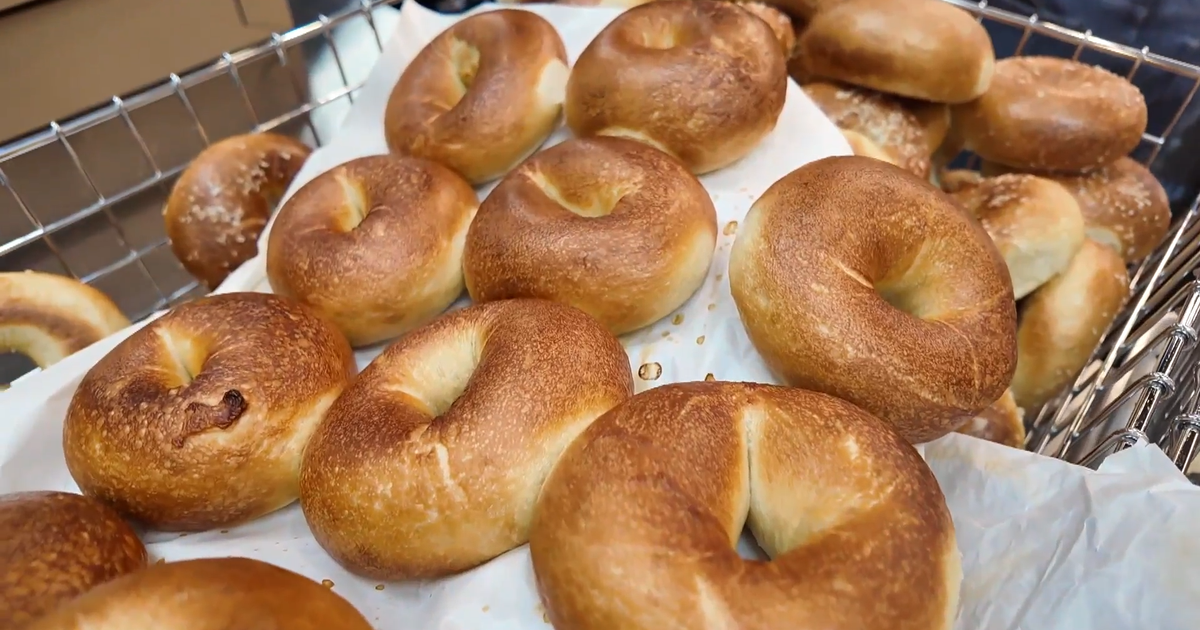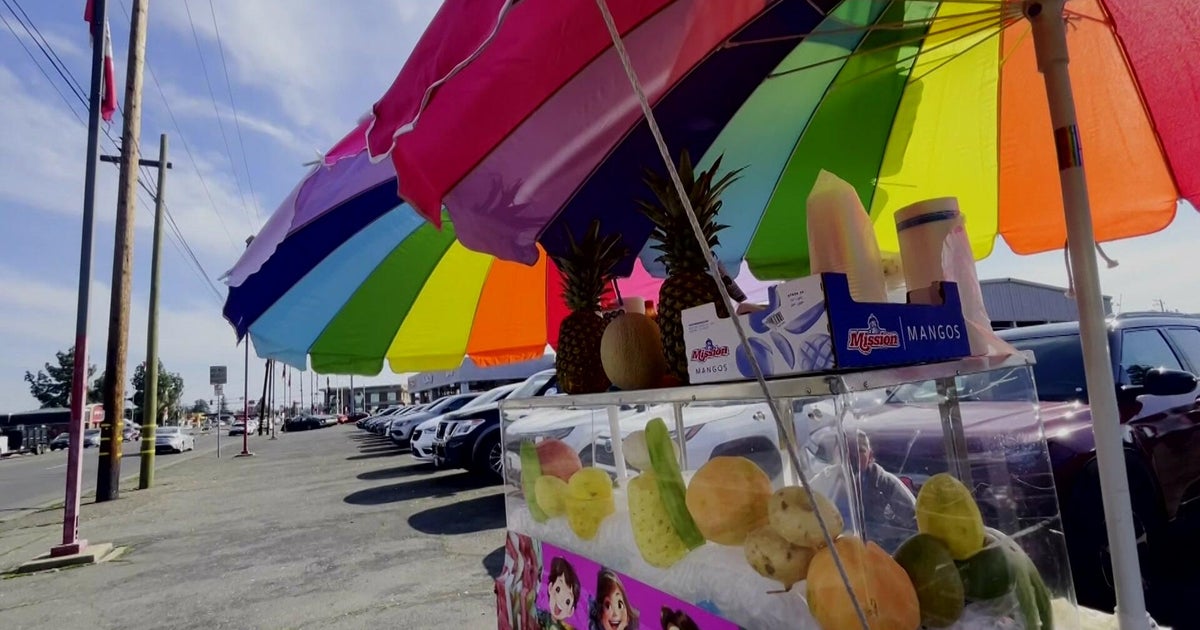"Sell By" Dates Up For Debate
MIAMI (CBSMiami) – The most confusing numbers at the grocery store are not the prices but the "sell by" dates on just about everything.
In fact, "Sell By," "Use By," and "Best By," are two little words that carry a lot of weight with shoppers at the store.
"If it's yogurt or milk I definitely pay attention to that date," a shopper told CBS4's Brian Andrews.
Dr. Tiffiani Onifade is the state of Florida's Director of Food Safety.
"The manufacturer puts this date on there because it is about when they believe it will have the best quality," said Onifade.
That date may be causing each of us to trash more than $2,000 dollars worth of perfectly good food every year.
"Ninety-percent of consumers are throwing food away on that date because they don't understand," said Emily Broad Leib, Director of Harvard's Food Law and Policy Clinic.
Recently, Leib's group co-authored a study on how these confusing labels lead to food waste.
"I think it's surprising how little the labels actually mean. Primarily the dates are their best guess on when that food is still going to be at its peak quality," said Leib.
That's food quality not food safety. However, Florida law calls for date labels on food that has a recommended shelf life of fewer than 90 days. Milk for example, is required by retailers to remove it from store shelves after the "sell by" date has passed.
"Shelf stable foods such as vinegar, cereal, crackers, those kind of things, if they taste good to you they are still good," said Leib.
After that "best by" date, some foods may smell or taste bad.
"There's a yuck factor but it's not going to make you sick," explained Elizabeth Scott of Simmons College.
"The likelihood of you getting sick or not is to do with the kind of food you're eating, the way you handle it and the risks that are taken with the food," said Scott.
Risks such as storing or cooking the food improperly.
"We're more concerned about pathogenic bacteria," Scott said. "Those are the ones that make you sick."
Doctor Onifade insisted that common sense can keep food out of that danger zone. "You want to cook food to proper temperatures and after you cook the food, you want to refrigerate it."
In the meantime, there's a move to make date labels more useful.
"We are really hoping we can get a change that would require a reliable uniform coherent system and make it really clear for the foods where this is a quality issue not safety. It's totally quality," said Onifade.
Until that happens, take the date with a grain of salt.







